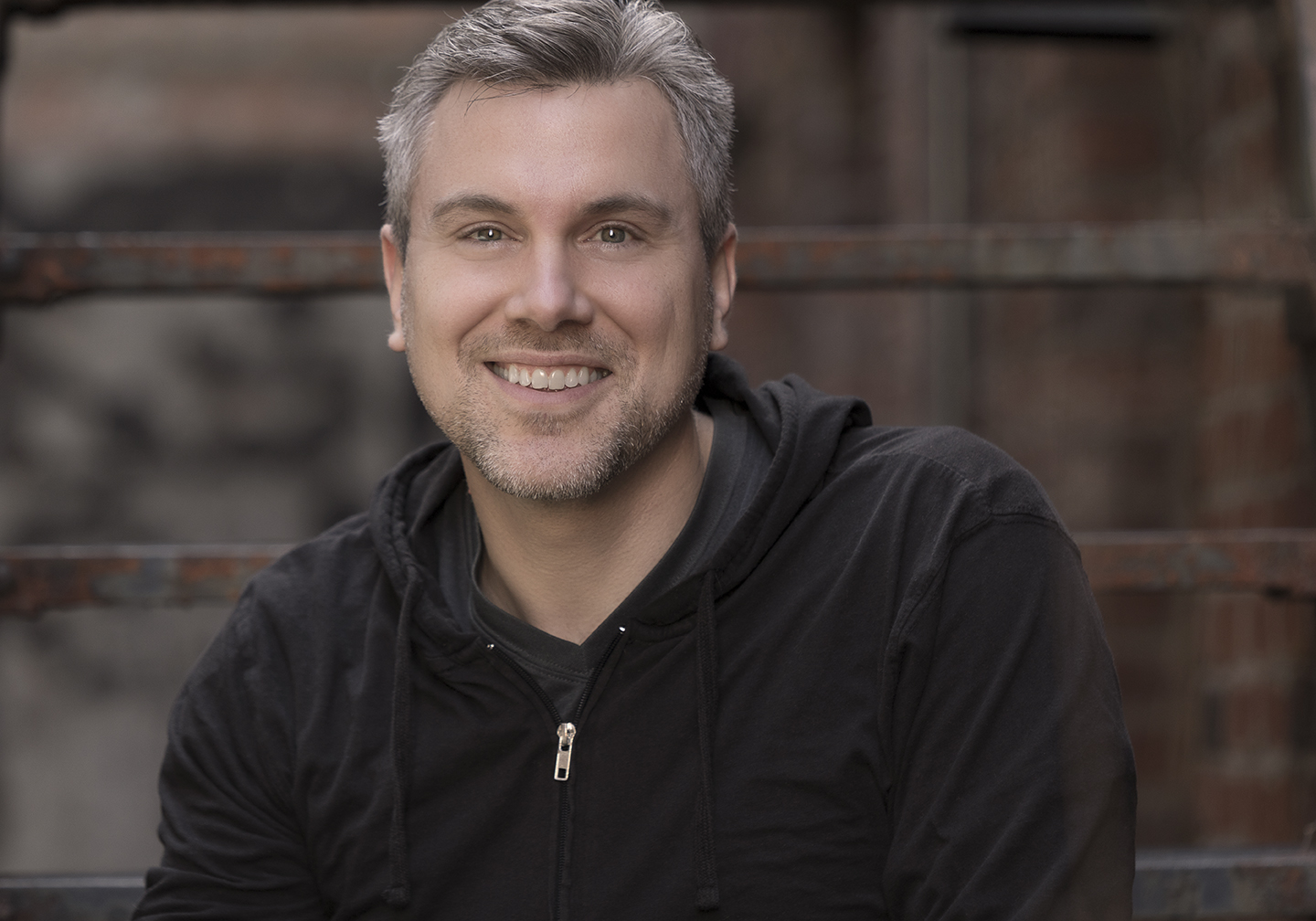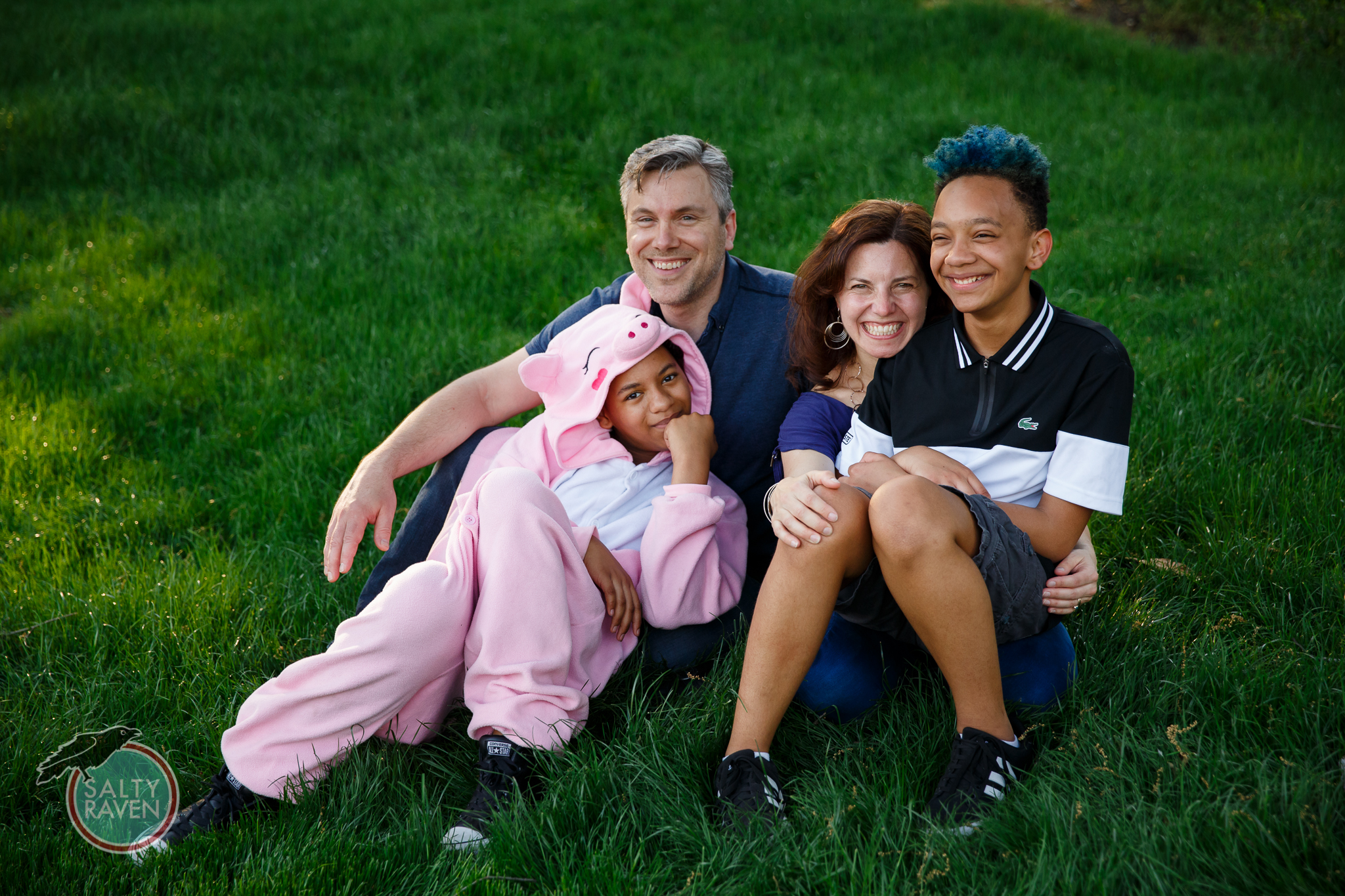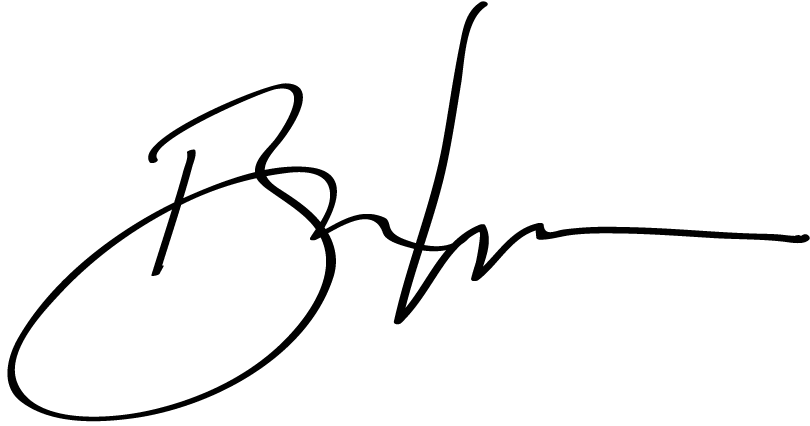I transform culture by designing change, building bridges, and co-creating space for connection.

My bio
Boysen Hodgson is the Communications Director for the ManKind Project USA, part of a global brotherhood of nonprofits conducting transformational initiation programs for men at every stage of life, and supporting a network of men’s groups serving over 10,000 men every week.
He’s the author of “The New Macho,” a credo for the mature masculine shared over 50,000 times and published in numerous blogs, magazines and books. His mission is to transform culture by designing change and building bridges.
Boysen completed the New Warrior Training Adventure in April 2004 and has been working with men ever since, supporting and challenging them to break out of isolation, take responsibility for their emotional riches, and live their full potential … starting with himself.
He’s dedicated to nurturing the powerful, emotionally aware, accountable, and purpose driven men we need to help heal our society’s deepest wounds. He is an urban homesteader, a husband, and a proud papa to two amazing kids.

Our family lives in Springfield, Massachusetts, in the western part of Massachusetts often called ‘the happy valley.’ Kendra and I moved to Springfield in 2004, shortly before getting married in August 2005. Our marriage was built on a foundation of shared values, overlapping commitments to how we wanted to live, and dedication to personal growth through practice.
For many years we chose not to have children. In 2013, a trip to India changed something in both of us. We returned to USA and began talking about adopting a child from overseas. A few weeks passed. We were walking the dog out in the cemetery by our home, and in a conversation about social justice and equity the question emerged, ‘How many children are there within 50 miles of where we are who need what we have to offer?’ Within the month we had registered to become foster to adopt parents. We met our kids for the first time on May 1, 2014, and finalized our adoption on April 19, 2016. Being adoptive parents is the single most rewarding and challenging path we could have imagined. It’s the honor of my life to have the opportunity to love and support our kiddos, and the gift of my life to be trusted and hear the words ‘I love you’ from these two amazing beings every day.
… and here’s part of the backstory
I was born in the south, in Hickory, North Carolina, and spent the first couple years of my life learning to crawl in red dirt and swim in Lake Norman. At the age of three, my parents moved north. Briefly to Long Island, and then to Cato, NY, a tiny village far upstate at the intersection of NYS Rtes 370 and 34. I spent the next 9 years on Veley Road, a mile from town. The villages of the 315 area code are where I grew up: Cato, Meridian, Martville, Red Creek, Fair Haven, Weedsport. I was the second son of an affable country veterinarian and a powerful woman with deep southern roots who, from today’s perspective, I would describe as a libertarian feminist hippie.
The first decade of my life was something like a Norman Rockwell painting, only with bell-bottoms and a whole lot more facial hair. My family raised and showed Percheron horses. We had a cow, goats, chickens, pigs, rabbits, cats, dogs, we may have even had a donkey in there. I played in the barn, built tree forts, got poison ivy a lot, rode my bike, and swam in ponds, streams, and 100 gallon galvanized horse water troughs. I baled hay, shoveled some horse shit, and stacked a lot of firewood. I rode my bike down the old railroad bed into town to be with my best friend and go to Diz’s IGA for candy or to the 5&10 store (really!). My Mom bought peanut butter in 5 gallon buckets at one of the first upstate New York food coops, which my parents helped establish. I ate, and hated, carob. And I also consumed an astounding number of vegetables that my Mom grew in a garden that filled close to an acre.
My life changed radically at the age of 11 when my parent’s marriage rather abruptly — it seemed to me at the time — imploded. And then, with my three brothers, everything went chaos. Both of my parents remarried within the next year and a half. My Dad was divorced again inside of two years, and married again inside of a year and a half. My Mom would be divorced in six years, and married again in three more. I was the child of a man in a permanent mid-life crisis with a slow moving stream of step-mothers. I was also the child a single mom raising 4, then 5, then 6 boys. At the darkest time in my adolescence I also was a born again Christian with an alcoholic chain-smoking step-father. On any given day, I was poor. On Wednesday nights and every other weekend, I was solid middle class.
I learned to cope by hiding. I learned to not take chances. I learned to not risk friendships that might expose the darkness and confusion I felt. My mother worked hard, and struggled hard. My Dad, seemingly freed from full time parenting, sold all the horses, emptied the barn and starting using it for a garage. And he bought toys, lots of toys.
Manhood was fraught with paradox and contradiction. The unspoken messages in adolescence were: Whatever you do, don’t be like your Dad. You’re a lot like your Dad. Being a man like your Dad will lead to success, popularity, and access to fun, money, and the love of women. Being a man like your Dad will lead to loneliness, shame, and the hatred of women.
And so it was, for decades. My inability to resolve these contradictions meant that I was a young man in constant internal conflict that caused a lot of external pain. So much potential, so little expressed.
It was my the beginning of my fourth decade before the pain was great enough to change. And though I had considered myself a seeker of self-knowledge and wisdom for most of my life, it was not until I found a community of practice that I made real progress.
I have learned a lot. I have vastly more to learn through this continuing practice.
